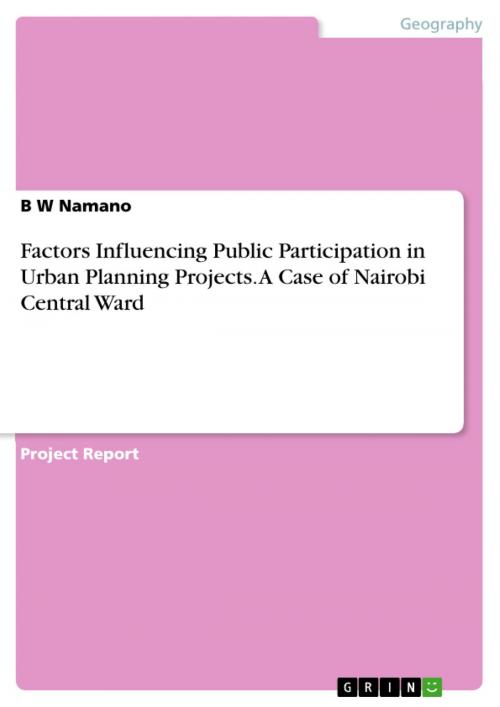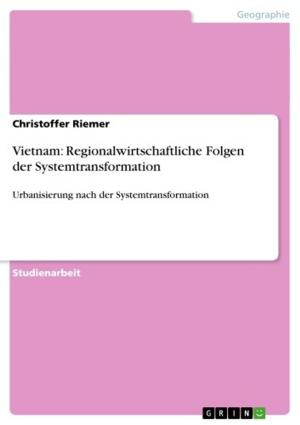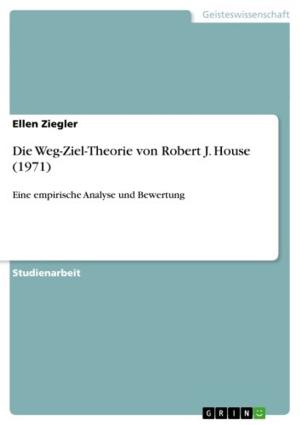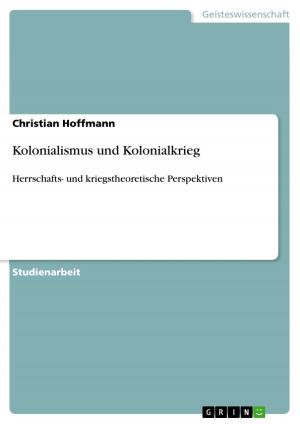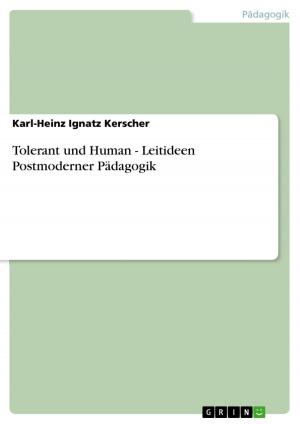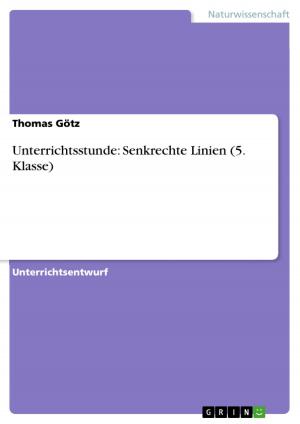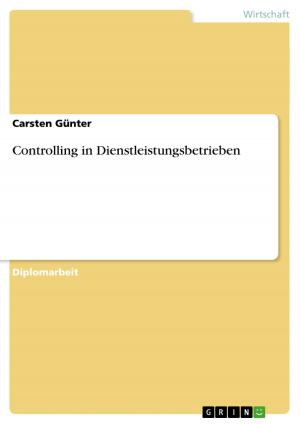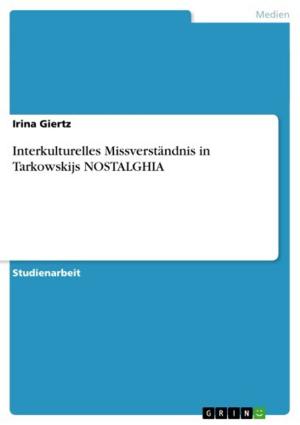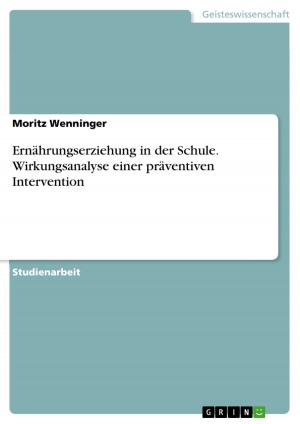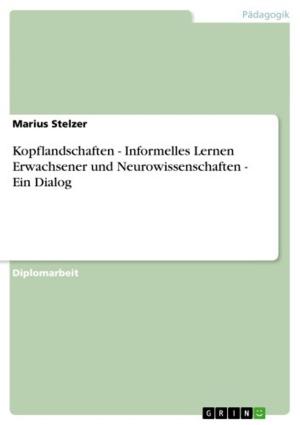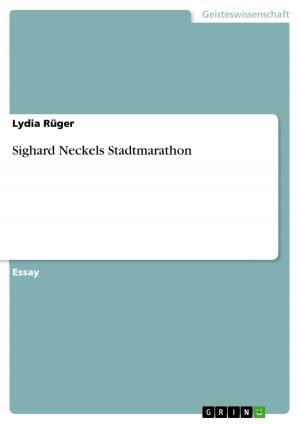Factors Influencing Public Participation in Urban Planning Projects. A Case of Nairobi Central Ward
Nonfiction, Social & Cultural Studies, Political Science, Politics, City Planning & Urban Development| Author: | B W Namano | ISBN: | 9783668075269 |
| Publisher: | GRIN Verlag | Publication: | October 27, 2015 |
| Imprint: | GRIN Verlag | Language: | English |
| Author: | B W Namano |
| ISBN: | 9783668075269 |
| Publisher: | GRIN Verlag |
| Publication: | October 27, 2015 |
| Imprint: | GRIN Verlag |
| Language: | English |
Project Report from the year 2015 in the subject Urban and Regional Planning, grade: 1, University of Nairobi (School of Continuing and Distance Education), course: Masters of Arts in Project Planning and Management (MAPPM), language: English, abstract: The purpose of the study was to establish how certain factors influence public participation in urban planning projects. These factors were: public awareness, degree of accessibility, and one's financial situation. The study was conducted in Nairobi Central Ward. Nairobi was preferred because it recently adopted a new master plan: Nairobi Integrated Urban Development Master Plan (NIUPLAN) which was said to have been developed through a consultative process. The objectives of the study were to establish how: public awareness, degree of accessibility, and financial situation influenced public participation in urban planning projects. The study is significant in the sense that by exploring some of the factors that might influence public participation in urban planning, urban planners can come up with remedial approaches which would ensure that their future planning activities are more inclusive, pro-poor and hence sustainable. The study used cross-sectional survey research design. A sample size of 375 participants was selected from a population of 13,325 inhabitants within Nairobi Central Ward. This sample was divided equally into three regional clusters: City Square; Muthurwa; and Nairobi Central sub-locations found in Nairobi Central Ward. Up to 333 participants returned the 375 self-administered questionnaires making up for a response rate of 88.80%. Analyses of test-retest reliability gave an index of 0.79. A correlational analysis performed on the collected data established that there was a very weak relationship between public awareness and participation in urban planning projects but there was no relationship between degree of accessibility and public participation in urban planning projects. It was also established that there exists a weak positive correlation between a person's financial situation (income, expenditure and savings) and their participation in urban planning projects.
B W NAMANO has a Masters in Project Planning and Management; and a BSc in Instrumentation and Controls Engineering.
Project Report from the year 2015 in the subject Urban and Regional Planning, grade: 1, University of Nairobi (School of Continuing and Distance Education), course: Masters of Arts in Project Planning and Management (MAPPM), language: English, abstract: The purpose of the study was to establish how certain factors influence public participation in urban planning projects. These factors were: public awareness, degree of accessibility, and one's financial situation. The study was conducted in Nairobi Central Ward. Nairobi was preferred because it recently adopted a new master plan: Nairobi Integrated Urban Development Master Plan (NIUPLAN) which was said to have been developed through a consultative process. The objectives of the study were to establish how: public awareness, degree of accessibility, and financial situation influenced public participation in urban planning projects. The study is significant in the sense that by exploring some of the factors that might influence public participation in urban planning, urban planners can come up with remedial approaches which would ensure that their future planning activities are more inclusive, pro-poor and hence sustainable. The study used cross-sectional survey research design. A sample size of 375 participants was selected from a population of 13,325 inhabitants within Nairobi Central Ward. This sample was divided equally into three regional clusters: City Square; Muthurwa; and Nairobi Central sub-locations found in Nairobi Central Ward. Up to 333 participants returned the 375 self-administered questionnaires making up for a response rate of 88.80%. Analyses of test-retest reliability gave an index of 0.79. A correlational analysis performed on the collected data established that there was a very weak relationship between public awareness and participation in urban planning projects but there was no relationship between degree of accessibility and public participation in urban planning projects. It was also established that there exists a weak positive correlation between a person's financial situation (income, expenditure and savings) and their participation in urban planning projects.
B W NAMANO has a Masters in Project Planning and Management; and a BSc in Instrumentation and Controls Engineering.
